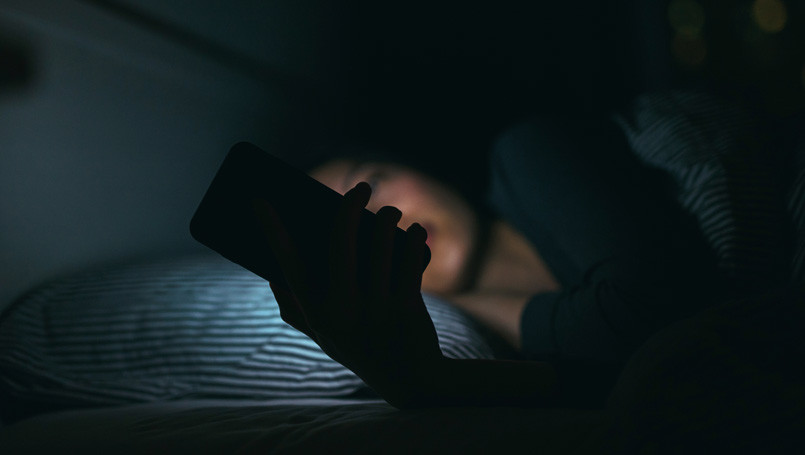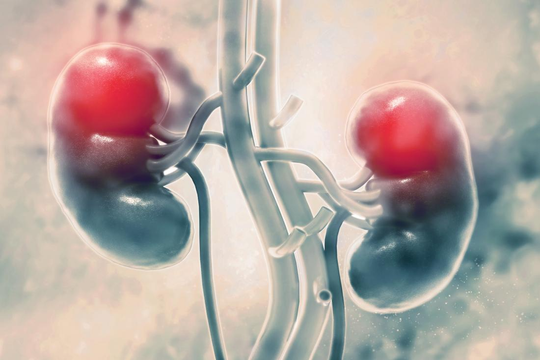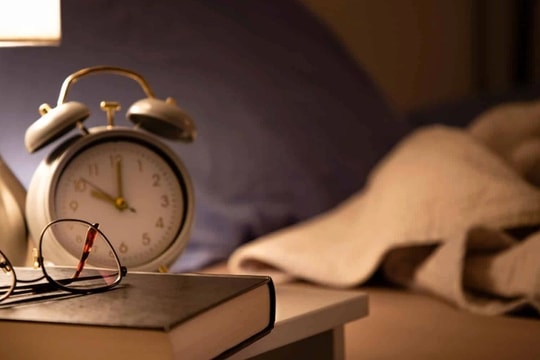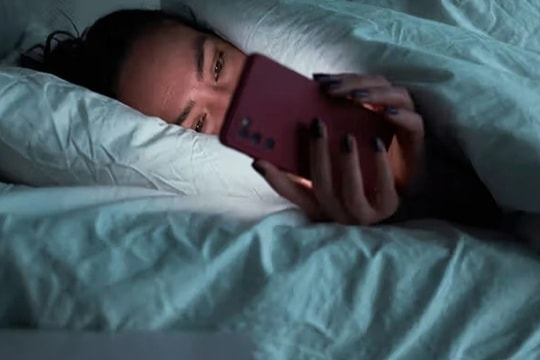Insomnia may increase the risk of stroke
Symptoms of insomnia (difficulty falling asleep, or waking up too early) are linked to a higher risk of stroke. The risk is greater for people under 50, new research suggests.
"In terms of biological function, sleep is key to processing memories, repairing cellular errors, and eliminating toxins that accumulate during the day," said study author Dr. Wendemi Sawadogo.
"It's a really important part of bodily function. So when there's a problem with the body's system, leading to sleep disorders, difficulty falling asleep, not sleeping deeply, it can affect health," Sawadogo added.
The researchers say insomnia is quite common, affecting more than a third of the US population. However, they do not know how insomnia affects stroke risk, but previous research has shown that insomnia can lead to harmful inflammatory responses in the body.
The new study used data from the Health and Retirement Study of Americans 50 and Over and Their Spouses, which included more than 31,000 people with no history of stroke at the start of the study.
 |
The association between insomnia symptoms and stroke was more evident in younger subjects. |
Subjects were asked four questions about how often they had difficulty falling asleep, waking up in the middle of the night, waking up too early, and not being able to get back to sleep. They were also asked how often they felt rested in the morning and were followed for an average of nine years.
The team took into account other risk factors that may be linked to stroke, such as alcohol consumption, smoking and physical activity.
The results showed that during the study period, a total of 2,101 strokes occurred in the study subjects. People with 1 to 4 symptoms of insomnia had a 16% increased risk of stroke compared to those with no symptoms. People with 5 to 8 symptoms of insomnia had a 51% increased risk of stroke.
The association between insomnia symptoms and stroke was more evident in younger subjects, specifically those with 5 to 8 symptoms had a 4 times higher risk of stroke than those without symptoms. In the group aged 50 and older, people with insomnia symptoms had a 38% higher risk of stroke than those without symptoms.
Patients with diabetes, high blood pressure, heart disease and depression are also at higher risk of stroke.
"The new study suggests that if we target sleep problems with cognitive behavioral therapy, we can reduce the number of strokes," said Dr. Rajkumar Dasgupta, a sleep specialist at the American Academy of Sleep Medicine, who was not involved in the study.
"The American Heart Association also suggests that the risk of stroke may be much higher in people with insomnia than in people without insomnia. This is an important study that emphasizes the importance of identifying and treating insomnia to help reduce the rate of stroke," Dasgupta added.
The American Academy of Sleep Medicine offers some tips to help people get a good night's sleep, including:
• Maintain a regular sleep schedule, including weekends and holidays.
• Go to bed early enough to ensure you get 7-8 hours of sleep.
• If you can't fall asleep within 20 minutes, get out of bed and do a quiet, dimly lit activity without using electronic devices.
• Establish a relaxing bedtime routine, with a comfortable temperature and use your bed only for sleeping.
• Don't eat too much before going to bed, and avoid caffeinated beverages in the afternoon and evening.
• Exercise regularly, maintain a healthy diet, avoid drinking alcohol before bed, and reduce fluid intake before bed.
Scientists say: "If you are experiencing insomnia symptoms, don't think it will go away immediately because it can last for a long time. Therefore, see a specialist soon and find a suitable solution to overcome insomnia."








